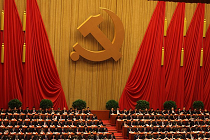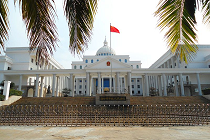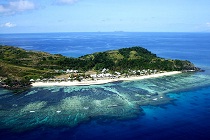What China learned from Russia
The Chinese have learned from Russia’s past mistakes at reforming state-owned enterprises (SOE), and some well-connected politicians have reaped the economic benefits that followed. Will the new administration in Beijing reform China’s SOEs or maintain the large role of government in industry?







